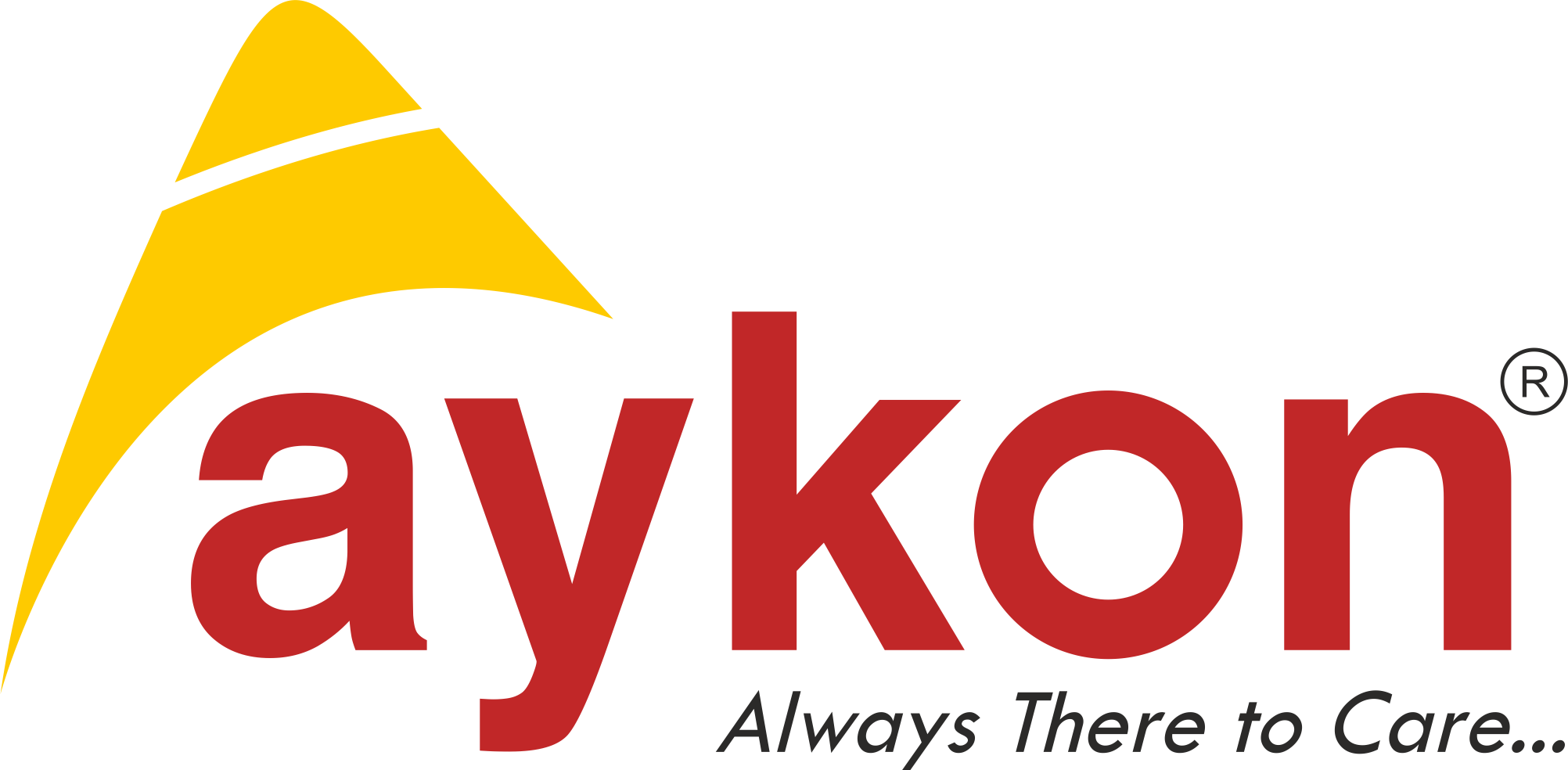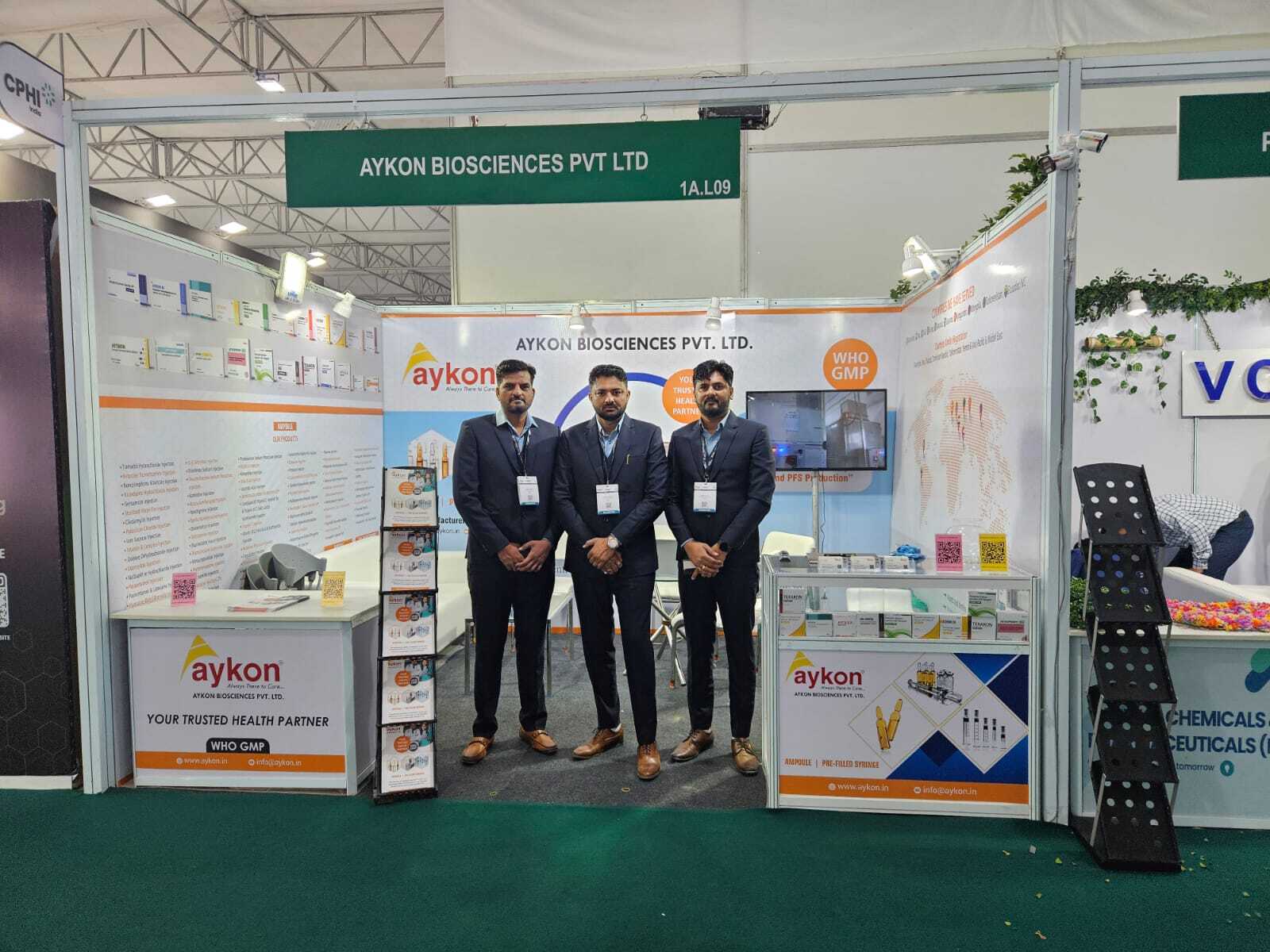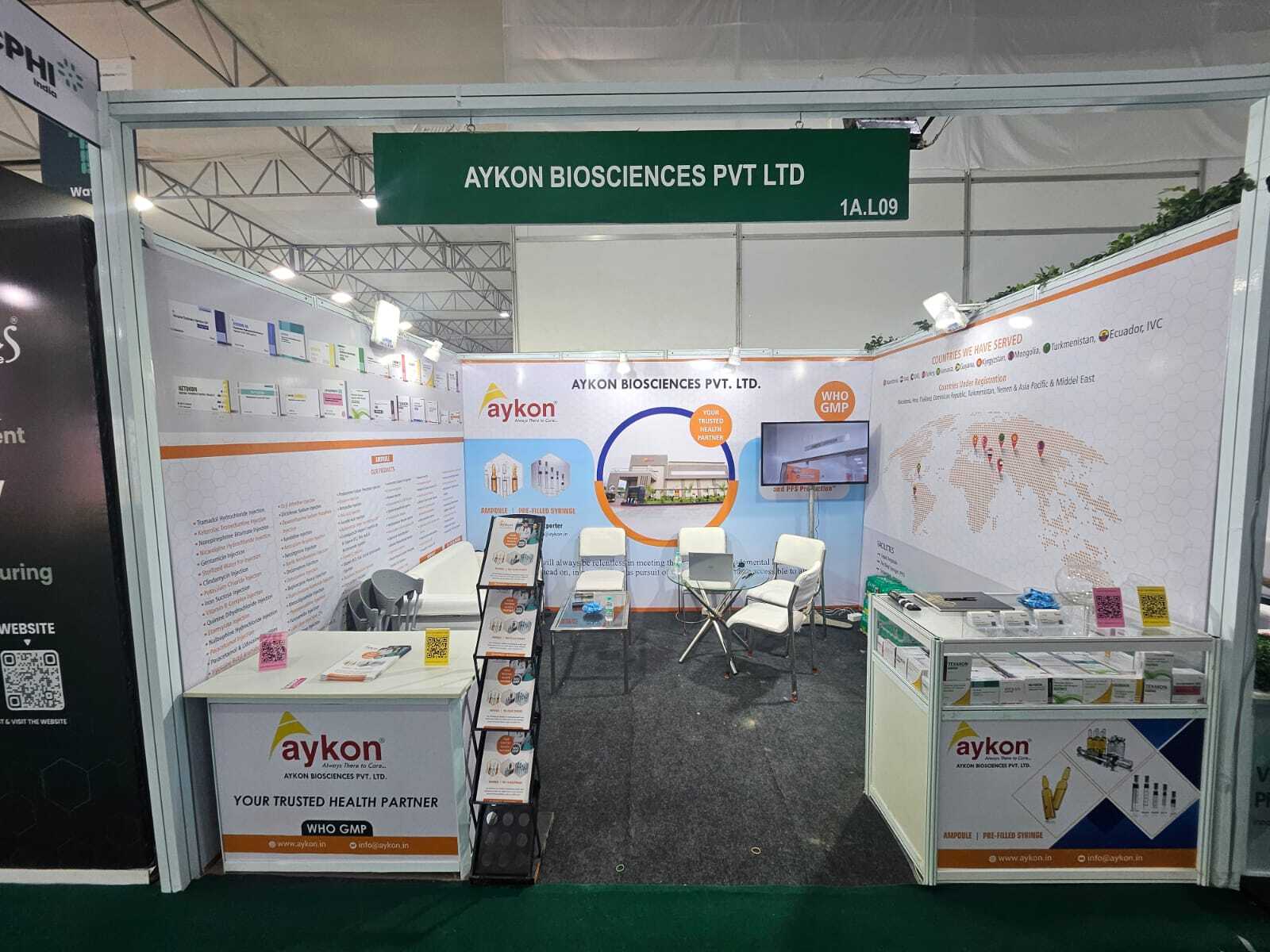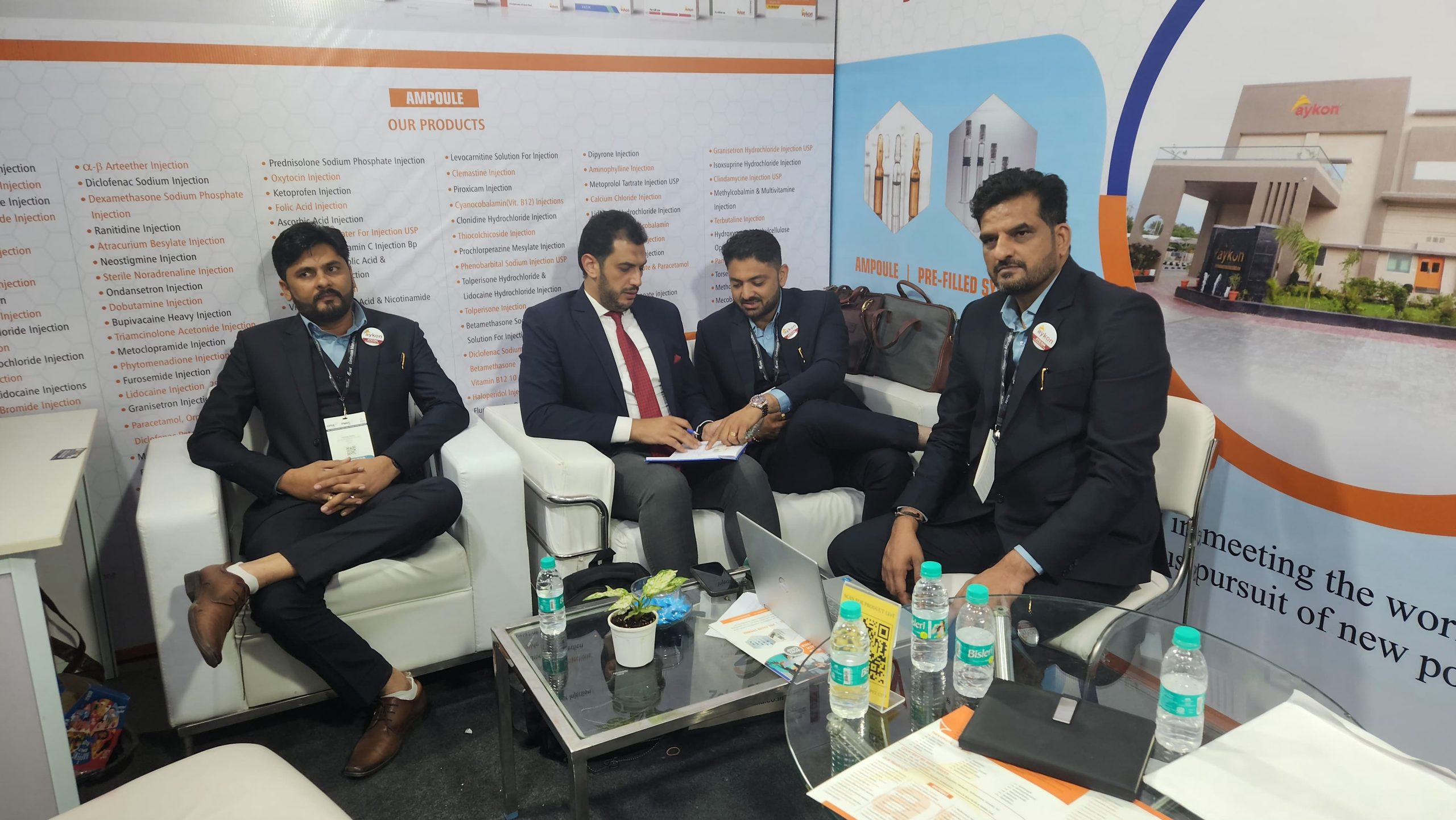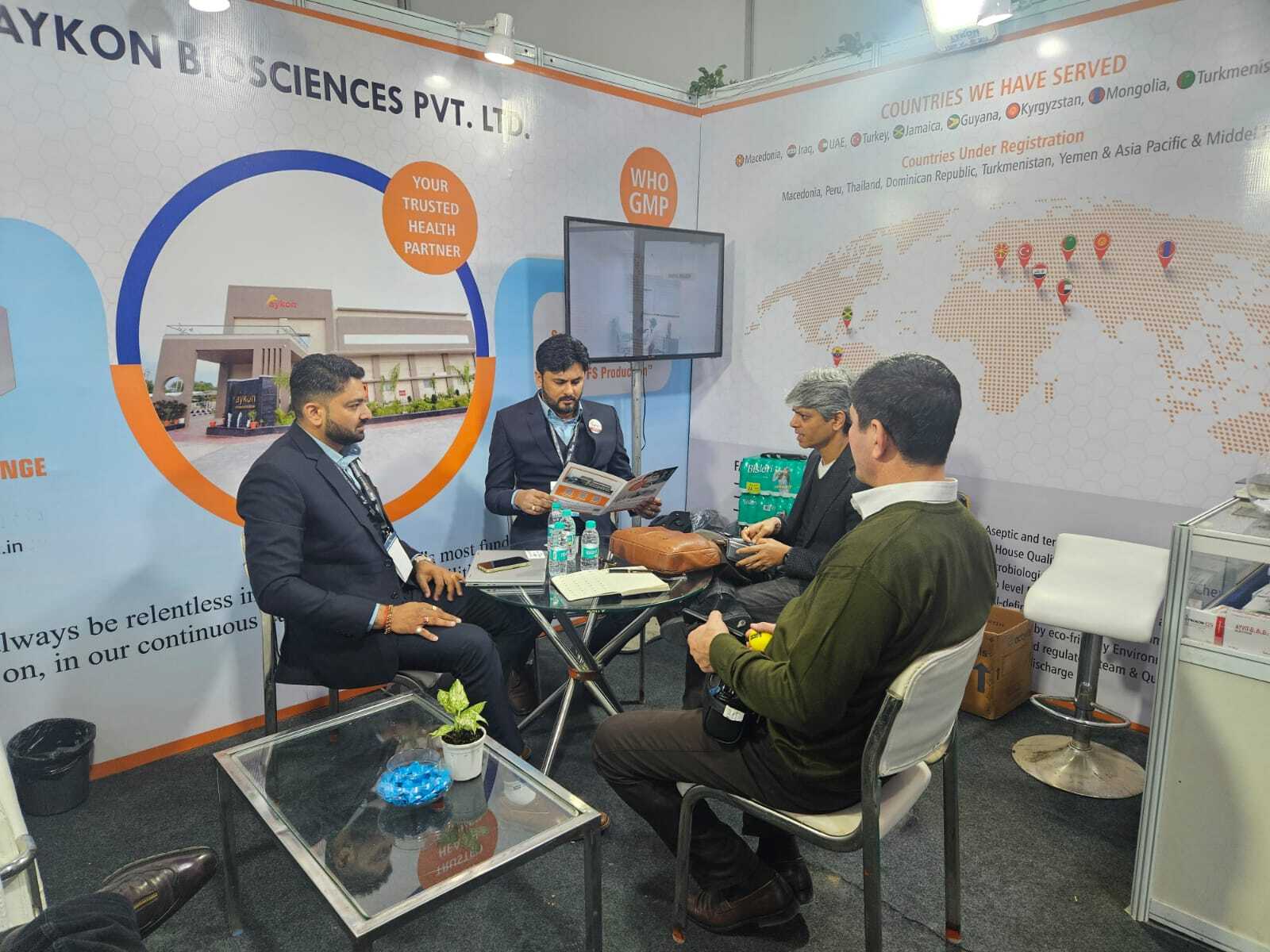
Pharmaceutical manufacturing is a highly complex and regulated field, where companies face several significant challenges in ensuring product quality, compliance, and cost-efficiency. One of the primary challenges in pharma manufacturing is maintaining consistent product quality. The process of producing pharmaceutical products often involves sophisticated technologies and precise formulations. Any inconsistency in the ingredients, processes, or equipment can result in variations in the final product, which can compromise patient safety and regulatory compliance. Manufacturers must ensure strict adherence to Good Manufacturing Practices (GMP) and quality control standards, requiring substantial investment in technology, training, and audits.
Another significant challenge is the regulatory environment. Pharmaceutical manufacturers are subject to an extensive array of regulations and standards, both at the national and international levels. Regulatory agencies, such as the U.S. Food and Drug Administration (FDA) and the European Medicines Agency (EMA), impose strict requirements for product testing, manufacturing processes, labeling, and packaging. Compliance with these regulations is essential but also time-consuming and costly. Any failure to meet these regulatory standards can result in production delays, recalls, or even loss of market access.
Supply chain disruptions are also a major challenge in pharma manufacturing. The global nature of pharmaceutical supply chains, with raw materials sourced from different parts of the world, makes manufacturers vulnerable to disruptions caused by geopolitical issues, natural disasters, or pandemics. For example, the COVID-19 pandemic revealed vulnerabilities in global supply chains, with many manufacturers struggling to maintain a steady supply of active pharmaceutical ingredients (APIs) and other materials. These disruptions can lead to production delays, increased costs, and, in some cases, shortages of essential medications.
Cost management is another challenge faced by pharmaceutical manufacturers. The rising cost of raw materials, labor, and compliance with ever-stricter regulations adds pressure to keep production costs under control. Additionally, the demand for personalized medicine, biologics, and complex drugs can require the development of new, often expensive manufacturing processes.
Finally, the adoption of new technologies, such as automation and artificial intelligence (AI), presents both opportunities and challenges. While these technologies can improve efficiency and reduce errors, the integration of new systems requires significant investment in training, infrastructure, and change management.
In conclusion, pharmaceutical manufacturing faces numerous challenges, from maintaining product quality and regulatory compliance to managing costs and navigating supply chain risks. Addressing these issues requires a combination of technological innovation, strategic planning, and a strong commitment to quality.
